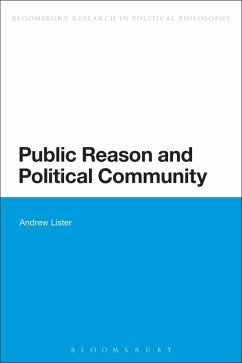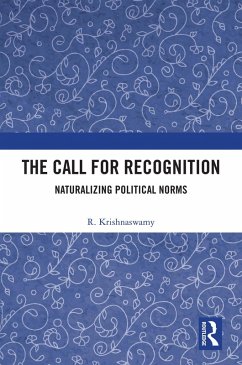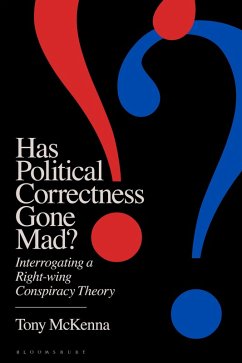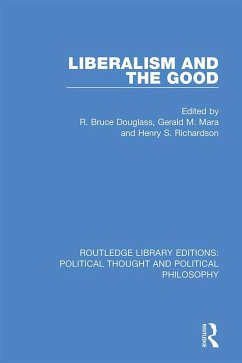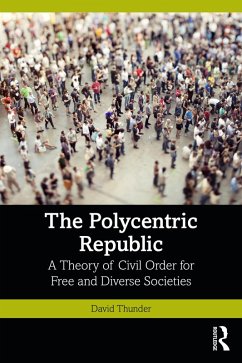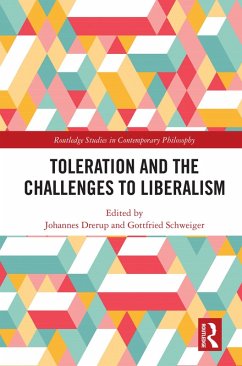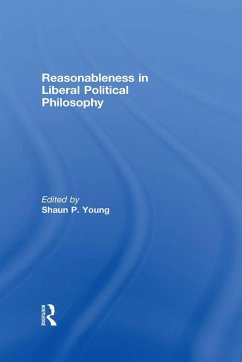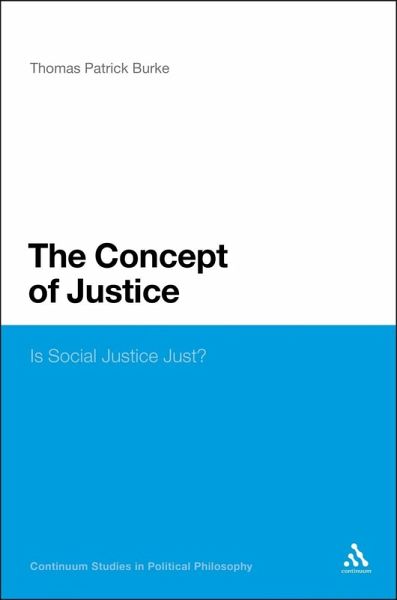
The Concept of Justice (eBook, PDF)
Is Social Justice Just?
Versandkostenfrei!
Sofort per Download lieferbar
31,95 €
inkl. MwSt.
Weitere Ausgaben:

PAYBACK Punkte
16 °P sammeln!
In The Concept of Justice, Patrick Burke explores and argues for a return to traditional ideas of ordinary justice in opposition to conceptions of 'social justice' that came to dominate political thought in the 20th Century. Arguing that our notions of justice have been made incoherent by the radical incompatibility between instinctive notions of ordinary justice and theoretical conceptions of social justice, the book goes on to explore the historical roots of these ideas of social justice. Finding the roots of these ideas in religious circles in Italy and England in the 19th century, Burke ex...
In The Concept of Justice, Patrick Burke explores and argues for a return to traditional ideas of ordinary justice in opposition to conceptions of 'social justice' that came to dominate political thought in the 20th Century. Arguing that our notions of justice have been made incoherent by the radical incompatibility between instinctive notions of ordinary justice and theoretical conceptions of social justice, the book goes on to explore the historical roots of these ideas of social justice. Finding the roots of these ideas in religious circles in Italy and England in the 19th century, Burke explores the ongoing religious influence in the development of the concept in the works of Marx, Mill and Hobhouse. In opposition to this legacy of liberal thought, the book presents a new theory of ordinary justice drawing on the thought of Immanuel Kant. In this light, Burke finds that all genuine ethical evaluation must presuppose free will and individual responsibility and that all true injustice is fundamentally coercive.






